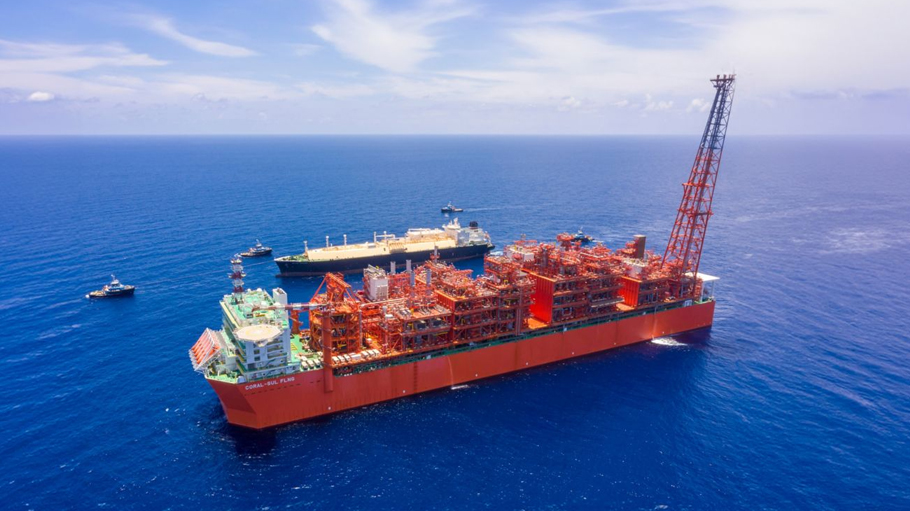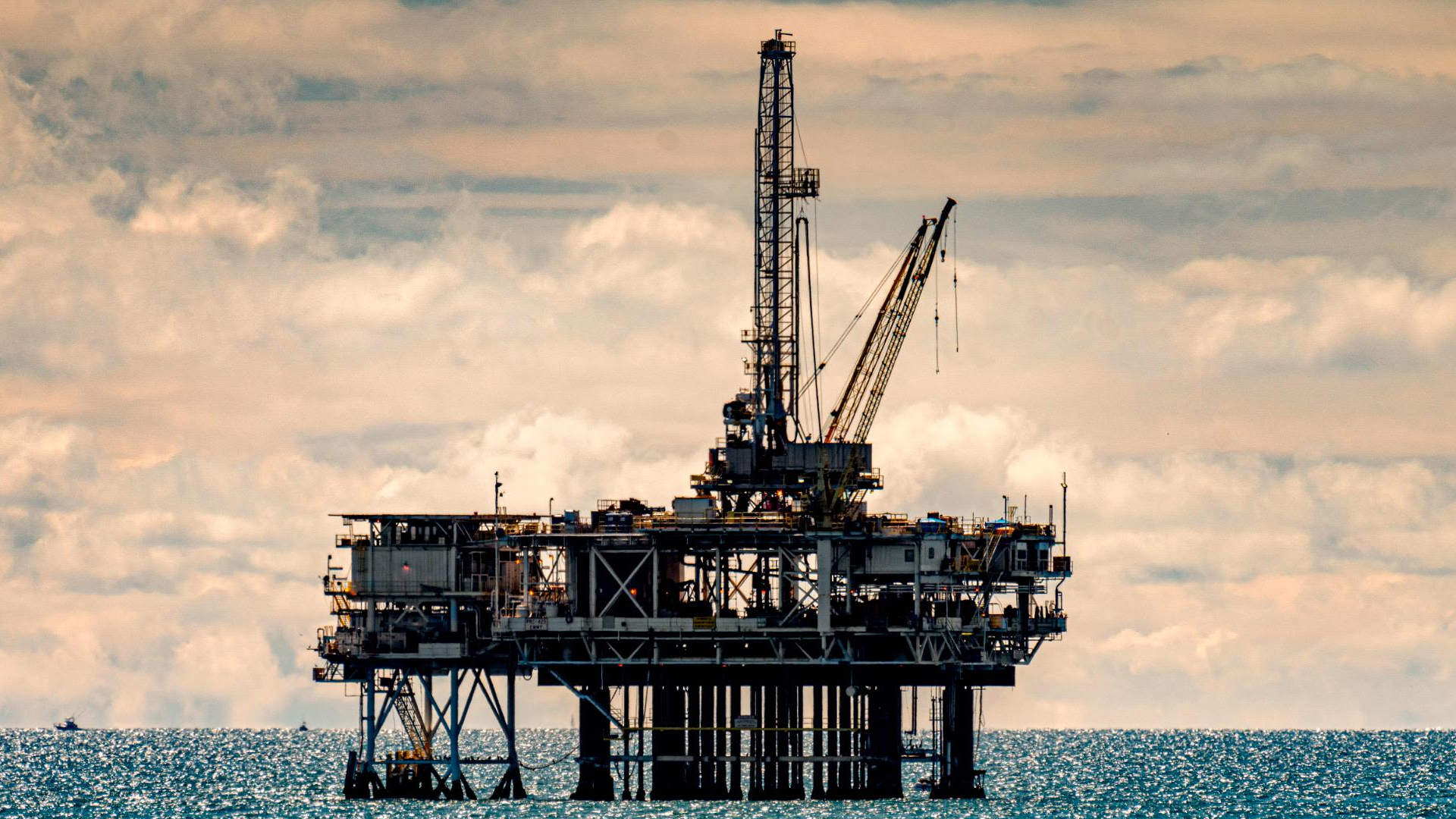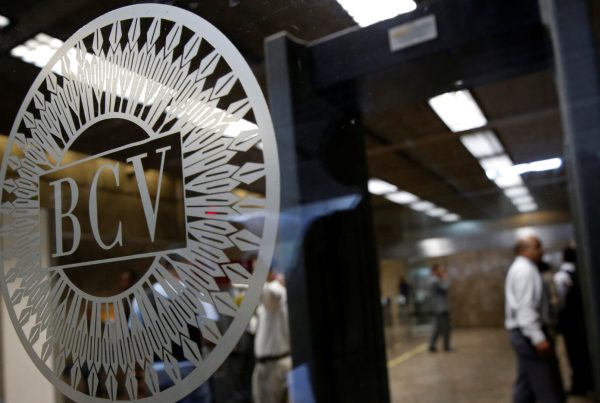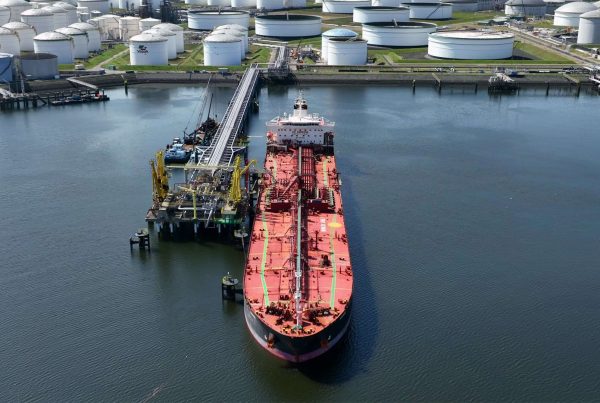The Mozambique Channel, a pivotal stretch of the Indian Ocean nestled between the East African coast and the island nation of Madagascar, has become a focal point for oil exploration in recent years. This burgeoning interest is not just a fleeting pursuit but a strategic effort by global energy giants to tap into one of the last underexplored regions with substantial hydrocarbon potential. As the world continues to grapple with energy transitions and fluctuating oil prices, the Mozambique Channel’s rich reserves present a unique opportunity and challenge to stakeholders across the industry.
Geological Framework
The geological setting of the Mozambique Channel is part of the larger East African Rift system, characterized by several major sedimentary basins. These basins, including the Rovuma Basin, are known for their complex geological structures conducive to hydrocarbon accumulation.
Table 1: Key Geological Features of the Mozambique Channel
Major Players and Investments
Several international oil companies (IOCs) have invested heavily in the Mozambique Channel, focusing on both oil and gas exploration and development. Notable companies include ExxonMobil, Eni, and TotalEnergies.
Investment Details
- ExxonMobil: Holds significant stakes in the Rovuma Basin’s Area 4, with a focus on LNG development.
- Eni: Operates the Coral South gas field and is pioneering Africa’s first floating LNG facility.
- TotalEnergies: Engaged in multiple exploration blocks with plans for comprehensive drilling operations.
Exploration and Production Technologies
Technological advancements are critical in exploring the deepwater environments of the Mozambique Channel. Modern techniques such as 3D seismic imaging, deepwater drilling, and floating production storage and offloading (FPSO) units are employed to optimize exploration and extraction processes.
Seismic Imaging
3D seismic surveys provide detailed subsurface images, crucial for identifying hydrocarbon reservoirs. The use of advanced processing algorithms enhances the resolution and accuracy of these surveys.
Drilling Technologies
Deepwater drilling rigs equipped with dynamic positioning systems and advanced blowout preventers (BOPs) enable safe and efficient operations in the Mozambique Channel’s challenging environments.
Economic and Political Context
The Mozambican government has implemented several measures to attract foreign investment while ensuring that local communities benefit from oil and gas activities. These include transparent licensing rounds and the establishment of the National Petroleum Institute (INP).
However, the region faces political instability and security challenges, particularly in the northern Cabo Delgado province. These issues pose significant risks to ongoing and future exploration projects.
Market Dynamics and Future Prospects
The global oil market’s volatility, driven by fluctuating prices and the energy transition, impacts the economic viability of exploration projects in the Mozambique Channel. Despite these challenges, the long-term outlook remains positive due to the growing demand for LNG, particularly in Asia.
Technological Innovations
Recent technological innovations have significantly enhanced the efficiency and safety of oil exploration activities. Key advancements include:
- Automated Drilling Systems: Reduce the risk of human error and improve drilling precision.
- Enhanced Oil Recovery (EOR) Techniques: Increase the amount of extractable oil from existing reserves.
- Real-Time Data Monitoring: Provides continuous insights into operational performance and reservoir characteristics.
Case Studies of Major Projects

Coral South Project
The Coral South gas field, operated by Eni, is one of the most significant projects in the Mozambique Channel. It features the first floating LNG (FLNG) facility in Africa, capable of producing 3.4 million tonnes of LNG per year.

Rovuma LNG Project
ExxonMobil’s Rovuma LNG project aims to develop the substantial gas reserves in the Rovuma Basin. The project includes plans for two LNG trains with a combined capacity of 15.2 million tonnes per year, targeting both domestic and international markets.
Environmental and Safety Standards
Companies operating in the Mozambique Channel adhere to international environmental and safety standards to mitigate risks associated with oil exploration. These standards include:
- International Maritime Organization (IMO) Regulations: Governing the prevention of pollution from ships and offshore installations.
- ISO 14001: Environmental management systems standard.
- ISO 45001: Occupational health and safety management systems standard.
Challenges and Risks
- Geopolitical Risks: Regional conflicts and political instability can disrupt operations and pose significant risks to personnel and infrastructure.
- Technical Challenges: Deepwater drilling presents numerous technical difficulties, including high-pressure environments and complex reservoir conditions.
- Environmental Risks: Potential for oil spills and other environmental disasters necessitates stringent risk management and contingency planning.
The Mozambique Channel holds significant promise as a new frontier for oil and gas exploration. The region’s rich geological potential, coupled with substantial investments from major oil companies, positions it as a critical area for future development. However, realizing this potential requires navigating a complex landscape of political, economic, and environmental challenges.
With ongoing advancements in exploration technologies and a strategic approach to risk management, the Mozambique Channel is poised to become a major player in the global energy market. As the world transitions towards a more diversified energy mix, the region’s hydrocarbon resources will play a vital role in meeting global energy demands and driving economic growth.
References
- Mozambique National Petroleum Institute (INP). (2023). Licensing Rounds and Regulatory Frameworks.
- ExxonMobil.(2023). Rovuma LNG Project Overview.
- Eni.(2023). Coral South FLNG Project Details.
- International Maritime Organization (IMO). (2022). Pollution Prevention Regulations.
- International Organization for Standardization (ISO). (2021). ISO 14001 and ISO 45001 Standards.
- Wood Mackenzie. (2023). LNG Market Outlook 2025-2030.
- BP Statistical Review of World Energy. (2022). Global Oil and Gas Reserves.










